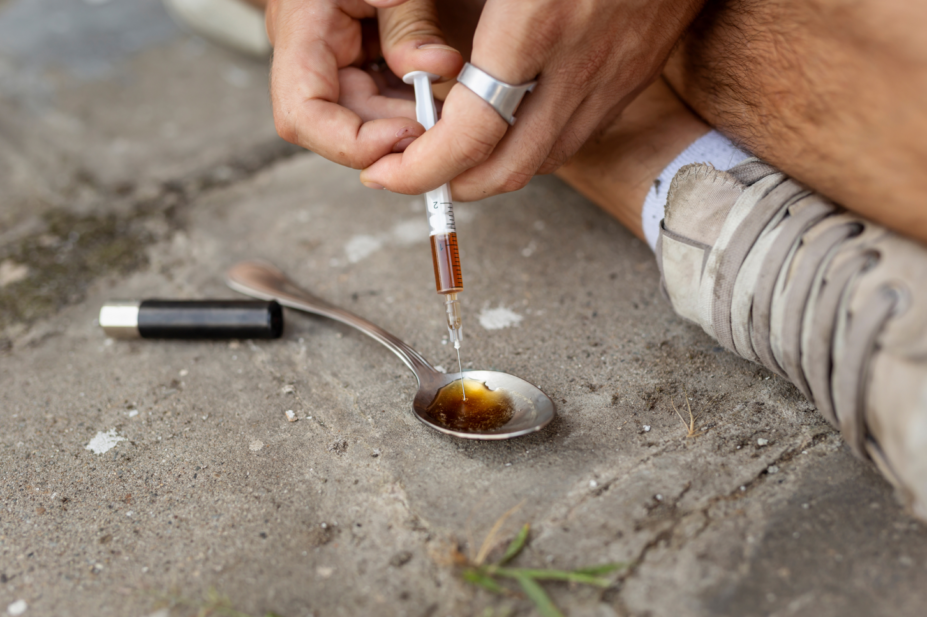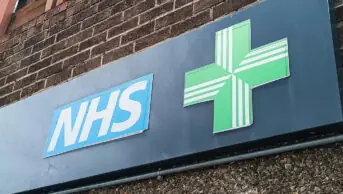
Shutterstock.com
The Scottish government will spend £14.4m on frontline services in 2021/2022 to help reduce the number of drug deaths in the country, it has said.
This forms part of a £50m pot of funding announced by first minister Nicola Sturgeon in January 2021 to tackle drug-related deaths and harms in what she described at the time as a “national disgrace”.
The rate of drug-related deaths in Scotland is around 3.6 times higher than the UK as a whole at 231 deaths per million as of 2019, compared with 64 deaths per million across the UK.
Speaking at a debate with Scottish ministers on 17 June 2021, drugs policy minister Angela Constance set out how some of the £50m would be spent in 2021/2022.
This includes £4m to implement new medication-assisted treatment standards, published in May 2021, that will enable drug users to receive same-day treatment.
Constance said these standards “should be implemented as a priority” and expects them to be in place “in many areas by autumn, and to be fully in place by April 2022”.
In a statement issued on 17 June 2021, the Scottish government said £3m will also be allocated to services to “expand near-fatal overdose pathways”.
During the debate, Constance added that, in early 2021, “our frontline emergency services also increased the use of naloxone, which can help to avoid death from overdose”.
“Every opportunity must be taken to get people the immediate treatment and support that will help to prevent a fatal overdose.
“We are therefore investing £3m to build capacity in services and to increase the number of people who are brought to services following an overdose,” she said.
Her comments follow a policy report published by the Royal Pharmaceutical Society (RPS) in Scotland on 17 June 2021, which recommends that naloxone — an emergency antidote for overdoses caused by heroin and other opioids — be made available from every community pharmacy and pharmacy teams trained in its use.
The report, ‘Pharmacy’s role in reducing harm and preventing drug deaths‘, also recommended the introduction of regulated supervised drug consumption rooms (DCRs) and the expansion of heroin-assisted treatment use “with pharmacy input from the start”.
In response to calls for DCRs to be set up in Scotland, the UK government has previously said such facilities would need primary legislation “to provide complete security to those operating DCRs, which would take a great deal of time to develop and implement”.
However, commenting on DCRs during the debate, Constance said she is “engaging the UK government on the evidence and seeking to persuade it to allow those life-saving facilities or to devolve the powers to the Scottish Parliament”.
“In the meantime, we are also working with services to leave no stone unturned to overcome the existing legal barriers in our duty to seek solutions here in Scotland.”
The Scottish government is also making £400,000 available to expand existing heroin-assisted treatment in Glasgow — in which diamorphine is prescribed for the treatment of heroin addiction — and to explore its use in other parts of Scotland.
Laura Wilson, practice and policy lead at RPS Scotland, said that pharmacists and pharmacy teams “already play a big role in supporting and providing treatment to people who use drugs, as well as offering harm reduction services and advice”.
“The RPS wants to build on this fantastic work by enabling them to do even more to reduce harm from drugs,” she said.
“We are calling on the Scottish government, pharmacy organisations, contractors and members of the profession to work together to reduce harm from drugs and improve the health of people who use drugs.”
The £14.4m fund will also include £4m for the provision of long-lasting buprenorphine — an opioid substitution treatment — in prisons and in the wider community, and £3m to expand the range of outreach services.
READ MORE: We must declare Scotland’s drug deaths a public health emergency


